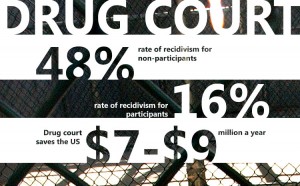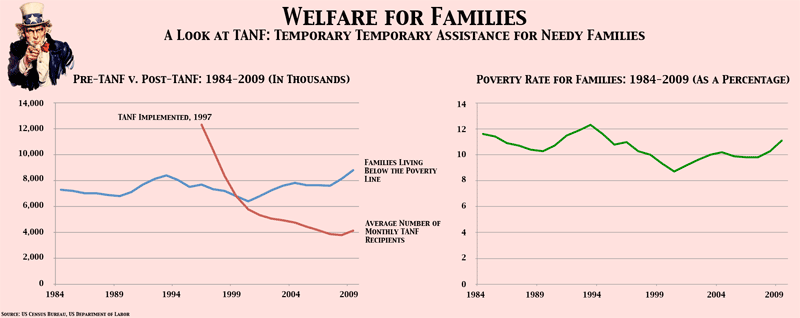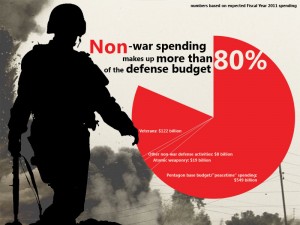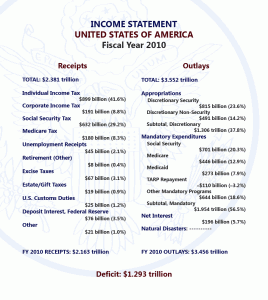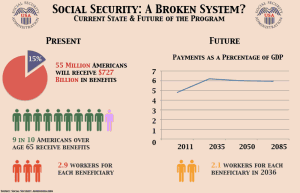The Myth of Algae Biofuels
In 2017, ExxonMobil announced an intriguing energy innovation: In partnership with biotech company Synthetic Genomics, it had used CRISPR gene-editing technology to produce a strain of algae that ExxonMobil claimed could pave the way toward a sustainable future and “reduce the risk of climate change.” Ever since then, the company has used numerous social media … Read more


